Loading component...
At a glance
- Accountants play a vital role in business strategic planning, and technology will continue to shape the future of the profession.
- Experts say digital transformation and sustainable living are two key forces of change, along with the application of professional judgement to data.
- Members share their thoughts on what attracted them to the profession and where the obstacles and opportunities lie.
The accounting profession has experienced transformation in recent decades. Reporting requirements have expanded, artificial intelligence (AI) takes care of repetitive tasks, cloud computing has revolutionised the real-time sharing of financial data, and sustainability underpins business decisions more than ever.
Themin Suwardy FCPA, associate professor of accounting (practice) at Singapore Management University, School of Accountancy, highlights digital transformation and sustainable living as two key forces of change for the profession. He adds that there are higher expectations on an accountant's technical expertise and business acumen.
“Technical competence includes analytical skills and critical thinking, but instead of focusing on past financial and operational data, accountants need to be capable of doing better with unstructured and incomplete data, be more comfortable dealing with uncertainties and scenario modelling in helping companies in long-term scenario planning, and in dealing with climate-related risks and opportunities.”
Dr Michelle Cull FCPA, associate professor in accounting and financial planning at Western Sydney University, notes that technology has “always been a key force of change for the profession”, but that accountants will need to apply their professional judgement to data even more in the future.
“I think it’s going to be even more critical for accountants to hone their communication skills to be that trusted source of information, because they need to analyse data and bring it all together to tell a story,” she says. “I think that’s where the accounting role will change even more.”
Accountants play an ever-growing vital role in business strategic planning, and technology will continue to shape its future direction, but what else is around the corner for the profession? And what should the future direction look like?
Who better to ask about the future of the accounting profession than members with their gaze fixed on their career horizon – CPA Australia Associate members (ASAs) and early career CPAs.
"CPA Australia Associate members are called ‘ASAs’. ASAs are members currently studying the CPA Program or completing their experience requirement to become a fully qualified CPA."
Kelsey Lim ASA
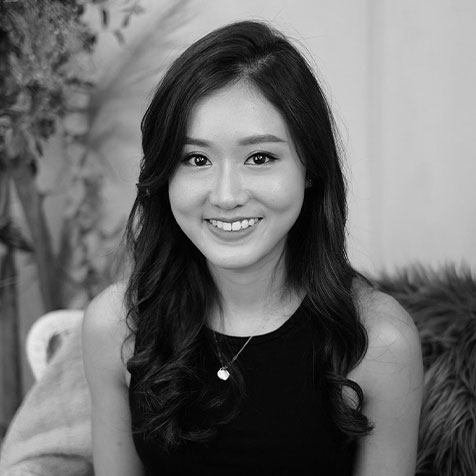
Kelsey Lim aims to provide value to stakeholders, which is why she chose a career in accounting. Based in Singapore, she works as an internal audit specialist at home appliances and consumer electronics company Haier.
What attracted you to the accounting profession?
With the breadth and depth of knowledge internal auditors have of a company, we can act as agents of change to drive improvement. I see value provided to various stakeholders in my line of work, and that is what attracted me to the profession.
How do you think the profession should evolve and what needs to change?
While AI can automate many routine tasks, its potential remains untapped if accounting professionals lack competency to harness the capabilities. It is imperative that we embrace leveraging new technology, or at the very least, experiment with it.
What are the obstacles and opportunities of the profession?
In Singapore, where I live, there is a shortage of young accountants and auditors due to the perceived unattractiveness of the profession – accounting is deemed as “boring” and “mundane”. A change in mindset is required to appreciate or embrace the value that the accounting profession brings.
Accounting professionals are no longer just administrative personnel who perform routine bookkeeping for the company. We are well-positioned to provide advisory and consulting services for all key stakeholders.
When equipped with the right knowledge and skill set, such as data analysis, we can also serve as advisers in areas like sustainability reporting, tax and regulatory compliance.
How do you see your career evolving with the profession?
I definitely foresee more use and integration of AI and machine learning tools in my day-to-day work, as well as delving into more diversified and non-conventional areas of audit. With these changes, I believe that keeping an open mind, better critical thinking and judgement skills will be required for me to excel in my career.
Talent in the Accounting and Audit Profession
Rhytham Bhatia ASA
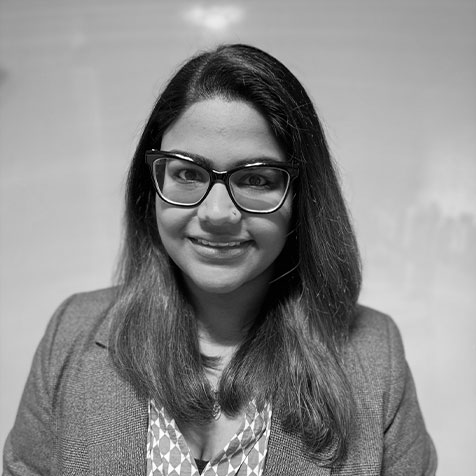
The variety in public practice work continues to inspire Rhytham Bhatia, an accountant at Collins SBA in Hobart.
What attracted you to the profession?
My parents are both from commerce backgrounds, and my sister is an accountant, so I think I have always been inclined towards debits and credits.
I love working in public practice – I get to work with a range of clients, which I really enjoy.
How do you think the profession should evolve and what needs to change?
I think the future of accounting is bright, but we need to embrace technology and focus on more strategic advisory services. Continuous learning is also important for any profession.
What are the obstacles and opportunities of the profession?
We need to change the mindset that accounting is only reporting on numbers and financial reports. With AI, those tasks will be automated. There are so many opportunities, especially in advisory work.
I am learning from my team leader who provides advisory services, and I can see how he understands the clients’ business, the story around it and how they are operating in the market.
How do you see your career evolving with the profession?
My short-term goal is to complete the CPA Program and to gain as much experience as I can at Collins SBA. In the long term, my aim is to become a CFO or a business partner, or open my own accounting firm.
Josh Stove ASA
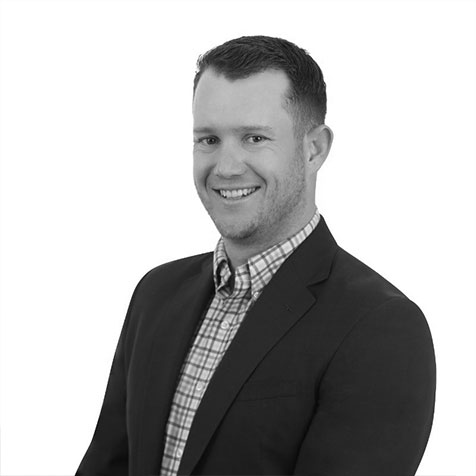
Josh Stove knew accounting would open a world of opportunities. The New Zealander is now based in Colorado in the US, where he works as ERP solution lead at CloudVision Consulting and senior ERP consultant at enterprise software solutions company Catapult.
What attracted you to the profession?
Accounting always made sense for me, and it is a profession that can take you far. I left New Zealand 10 days after my last exam and moved to Vancouver, and I had two job offers within the first few days.
How do you think the profession should evolve and what needs to change?
Adopting technology and being able to move forward with it quickly requires a shift in mindset and culture. You need to be able to adopt it accurately and know your risks and safeguards, but you should not be scared to use it.
What are the obstacles and opportunities of the profession?
I find the performance measurement in many accounting firms to be outdated. There needs to be a baseline of billable hours. To measure someone’s performance based on their number of hours versus someone’s success because they do it faster and more efficient, doesn’t really make sense anymore.
If AI is now doing the bottom 20 per cent of an audit engagement, for example, how do you bill for that if you’re still using hours as a measurement?
In terms of opportunities, some of the best project managers have an accounting background, so that kind of work is an opportunity for accountants, but I don’t think a lot of them realise this.
Project management is process-based, and you need to be methodical, raise risks and measure a project – this skill set is tied to an accounting background.
How do you see your career evolving?
I have just started contracting for the Canadian company I first worked for when I moved to North America, and they’re now talking about expanding to the US and having me run the operations for that.
Mashuk Taher ASA
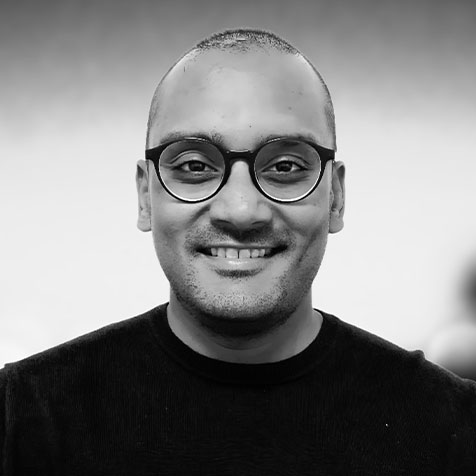
After moving to Australia from Bangladesh in 2009 with a scholarship to study business at the University of South Australia, Mashuk Taher joined food and beverage company Cucina Classica. Fast forward 15 years, and he is now CFO.
What attracted you to the accounting profession?
I started studying marketing when I first entered university, but my father, who was an accountant, encouraged me to try accounting subjects.
Although I was not too excited about it at first, my first accounting lecturer was incredibly humorous and had a great way of connecting with people, which made me really enjoy it.
How do you think the profession should evolve and what needs to change?
Ethics is a big issue for the industry, so I think accountants need to work within a strong ethical framework. I also think that accountants need to take more time to really understand their clients’ business and the industry they are working in, so they can provide more informed and valuable advice.
What are the obstacles and opportunities of the profession?
I think accountants need to embrace technology or it will become an obstacle in their career.
Sustainability presents a huge opportunity, and I think accountants will be expected to understand sustainability accounting in the future.
How do you see your career evolving?
I am focusing on building my leadership and technical skills, and I aim to leverage my financial skills to contribute to the broader strategic direction of a business. This includes influencing decisions across multiple areas of business.
Felicity Scott ASA
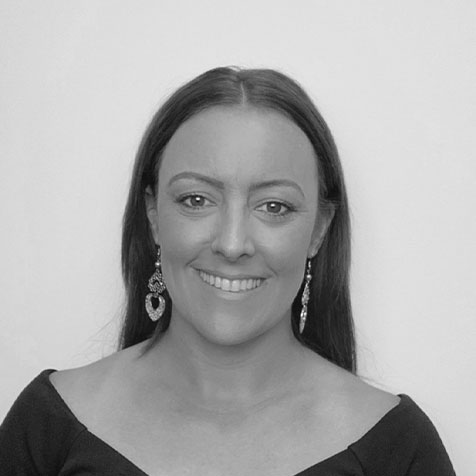
A principal management accountant at Fortescue in Western Australia, and a member of CPA Australia’s Resources and Energy committee, Felicity Scott thinks accountants should look beyond the bottom line when providing business support.
What attracted you to the profession?
When I started my business degree, I thought about areas like project management, but I had an amazing accounting lecturer and I think that was what really got me interested.
How do you think the profession should evolve and what needs to change?
I think we will need more experienced accountants to mentor and provide knowledge in different ways, because technology is replacing the low-level accounting tasks that have helped juniors to learn the basics.
What are the obstacles and opportunities of the profession?
The perception of accounting needs to change. I still get eye rolls from people when I say I am an accountant and they are like, “Oh, can you help with my tax?” We need to find ways for the industry to collaborate with more educational institutions and get professionals to teach classes, so they can inspire people to think about the possibilities of a career in accounting.
I think accountants can become the gatekeepers of data and analyse it to help businesses make important decisions. It is not always about the bottom line – it is about using data ethically and providing business support and guidance in an ethical way.
How do you see your career evolving?
I stepped into the corporate world this year after working in smaller companies that provide support services to the mining industry. I would love to step into a CFO role one day. I love the business strategy space and being able to tell a story with the numbers.
Learn future-critical skills for accountants
Constance Luk CPA
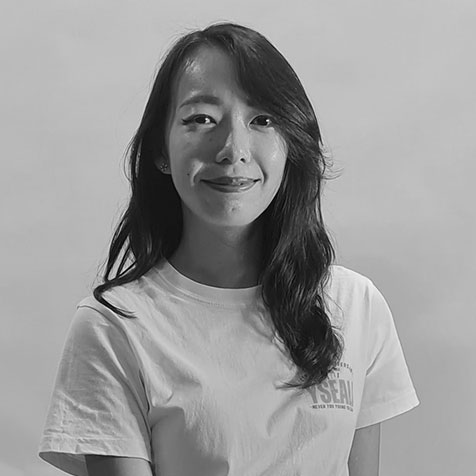
With a keen interest in not-for-profits and mental health work in Malaysia, Constance Luk is a youth advisory board member at Office of the United Nations High Commissioner for Human Rights (OHCHR) representing East Asia for the Education and Human Rights project.
What attracted you to the profession?
I knew it would guarantee me a bright future. After I graduated, I opted for an audit role because I wanted to understand how things worked in various industries. When I gained enough experience, I moved into the commercial space.
How do you think the profession should evolve and what needs to change?
Technology is going to become even more important, so we need to be curious about it and acknowledge that it comes with cons as well as pros.
For example, we have to be across cyber security risks and have backup plans in case anything goes wrong with IT systems.
What are the obstacles and opportunities of the profession?
I think the biggest obstacle for any change in life is mindset. If you rely on one way of doing things, you are not using your critical thinking skills to their full potential. There are countless opportunities for the profession.
My advice to future accountants is try before you decide, and be willing to learn and improve yourself, because the search for knowledge never ends.
How do you see your career evolving with the profession?
I think there are always opportunities to take on something new, regardless of age. I really enjoy networking, because that is where you gain different ideas on what is out there. I aspire to be inspired.

